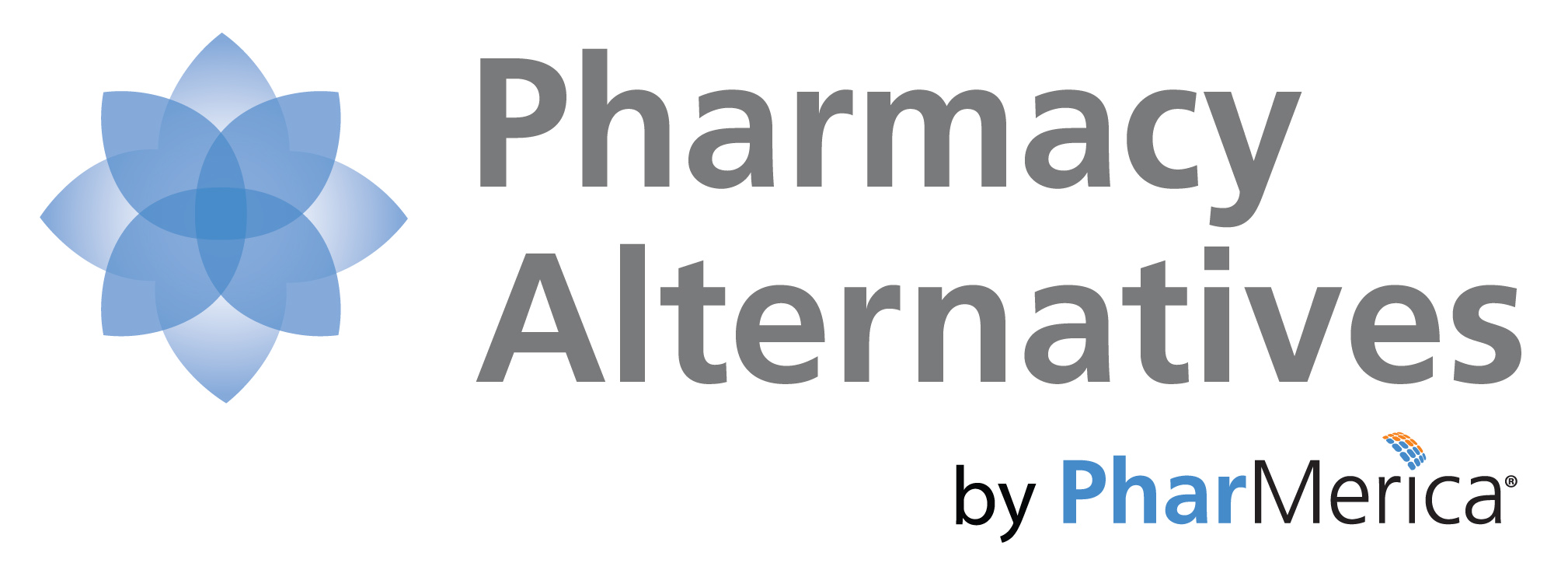Connections - 11.30.21
Bridging the Medication Gap in the I/DD Population

Share this page
Stay Informed on the Latest Research & Analysis from ANCOR
More News
Stateside Report - 06.16.25
Stateside Report: June 16, 2025

Stateside Report - 06.09.25
Stateside Report: June 09, 2025

Stateside Report - 06.02.25
Stateside Report: June 02, 2025


